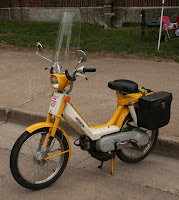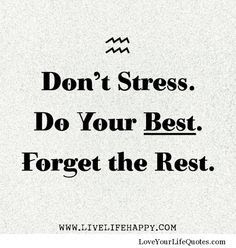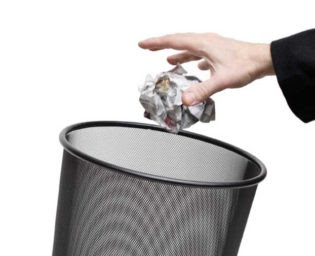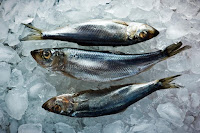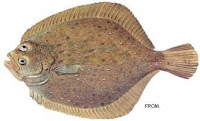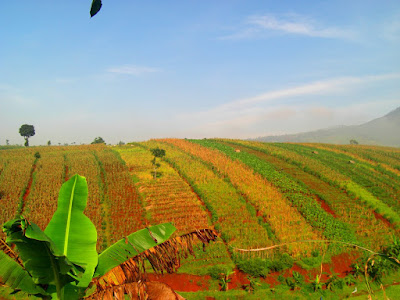Economic activity: is what is
carried out by humans in order to acquire goods that satisfy consumer needs.
Economic goods: are products and
services generated by economic activity.
-Products: goods which are obtained directly from nature
or which are turned into something.
-Services: activities carried out by humans to benefit
society.
Factors of production: the resources
that are required for the generation of economic goods.
Land: the environmental resource.
Rent: is the amount money that you have to pay to
use a piece of land
Labor: mental and physical efforts of people applied
to the production of goods and services.
Wages: are the amount of money that is regularly paid
to them for the work that they do
Capital: is the money, buildings, and machinery and
equipment used to produce goods and services.
Interest: is extra money that you receive if you have
invested a sum of money
Entrepreneurship: is the risk-taking
resource.
Profit motive: possibility of making
money.
Economic agents: those elements that
have a role in converting the factors of production into goods and services.
Primary sector: activities
involved in obtaining resources directly from raw materials, including
agriculture, livestock, fishing, forestry and mining.
Secondary sector: activities involved
in converting raw materials into manufactured products (industry) or building
houses and infrastructure.
Tertiary sector: activities that
provide services for example: education, trade, tourism..
Economic system: the way a country
organizes, produces. Distributes and administers its material and human
resources and the economic goods that these generate, in order to provide for
high level of well-being.
Market economy: companies buy and
sell products and services freely
Planned economy: the state
controls all the factors of production.
Subsistence economy: based on production for self-consumption
Price: is the amount of money that you have to
pay in order to buy it
Natural resources: thing a person or
country has that can be used or economic benefit.
Supply: the amount of a product that producers offer
for sale at a specified price
Demand: the amount of a product or service that consumers purchase at a
specified price
Consumer: person who uses goods or services.
Profit: difference between what it cost to make
something or provide service what it is sold for.




